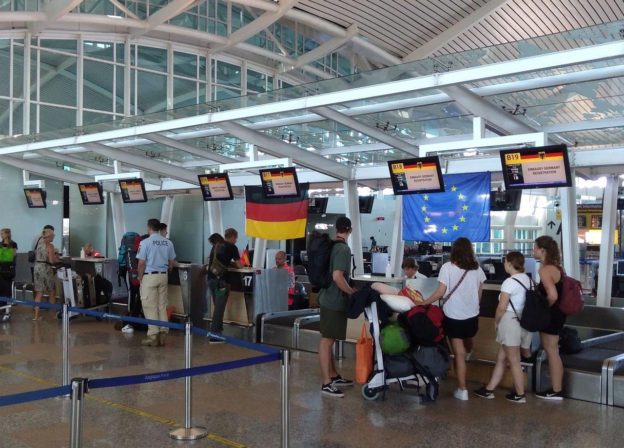Our global world has come to an abrupt halt end of March due to the Covid-19 pandemic. How is this affecting SEEDS and its ongoing projects with partners in Southeast Asia?
In South Sulawesi (Indonesia) our SEEDS university lecturer at the Department of Engineering of Hasanuddin University had to switch to virtual classes and engage with a learning process that goes beyond physical classroom meetings. It was the challenge to not simply upload handouts onto data storage servers or make available links to online training resources. Rather he was impelled to use new teaching methodologies and technologies that are more suited for this digital era. This is still a work in progress but accelerated through the current pandemic. Our SEEDS university lecturer created materials for projects that involved creative thinking, creativity, collaboration and communication (the 4 Cs or competencies of higher education). The students had to work on small projects while learning about the underlying theories and concepts. On a regular basis, our SEEDS worker and his students had so called virtual project meetings in which they discussed challenges that they faced and shared about progress that was made. At one time, a student was surprised as he solved a problem on his own. When he was praised for it by our SEEDS worker, the student wrote: “I don’t know how to reply … but I’m really thankful for the way you believed in me.”
This project-based teaching approach was not hindered even when our SEEDS worker had to return to Germany, his home country. The pandemic has since worsened and uncertainties on whether borders would keep open and allow travelling to other countries are growing. His children attended an international school in a neighboring country and the only way to reunite as a family was in their home country. The learning process with his students could continue by only adjusting the schedule according to the different time zones. As a positive side effect, the SEEDS university lecturer was given the chance to assess how successfully and independently co-lecturers are able to come alongside the students and facilitate the courses that he developed.
The current pandemic not only affects ongoing partnerships. Our SEEDS worker in South Sulawesi has also been exploring new promising partnerships in the field of education. Two new workers from other Asian countries were in the recruitment process only to see borders closed and plans hampered. Indonesia is carefully controlling who is coming into its country in order to guard against increasing infections brought in from the outside. At the moment approval of new visas is mainly restricted to a limited list of larger scale national strategic projects. We however are staying in contact with our partners and friends in South Sulawesi and hope to hit the ground running once borders open again.

